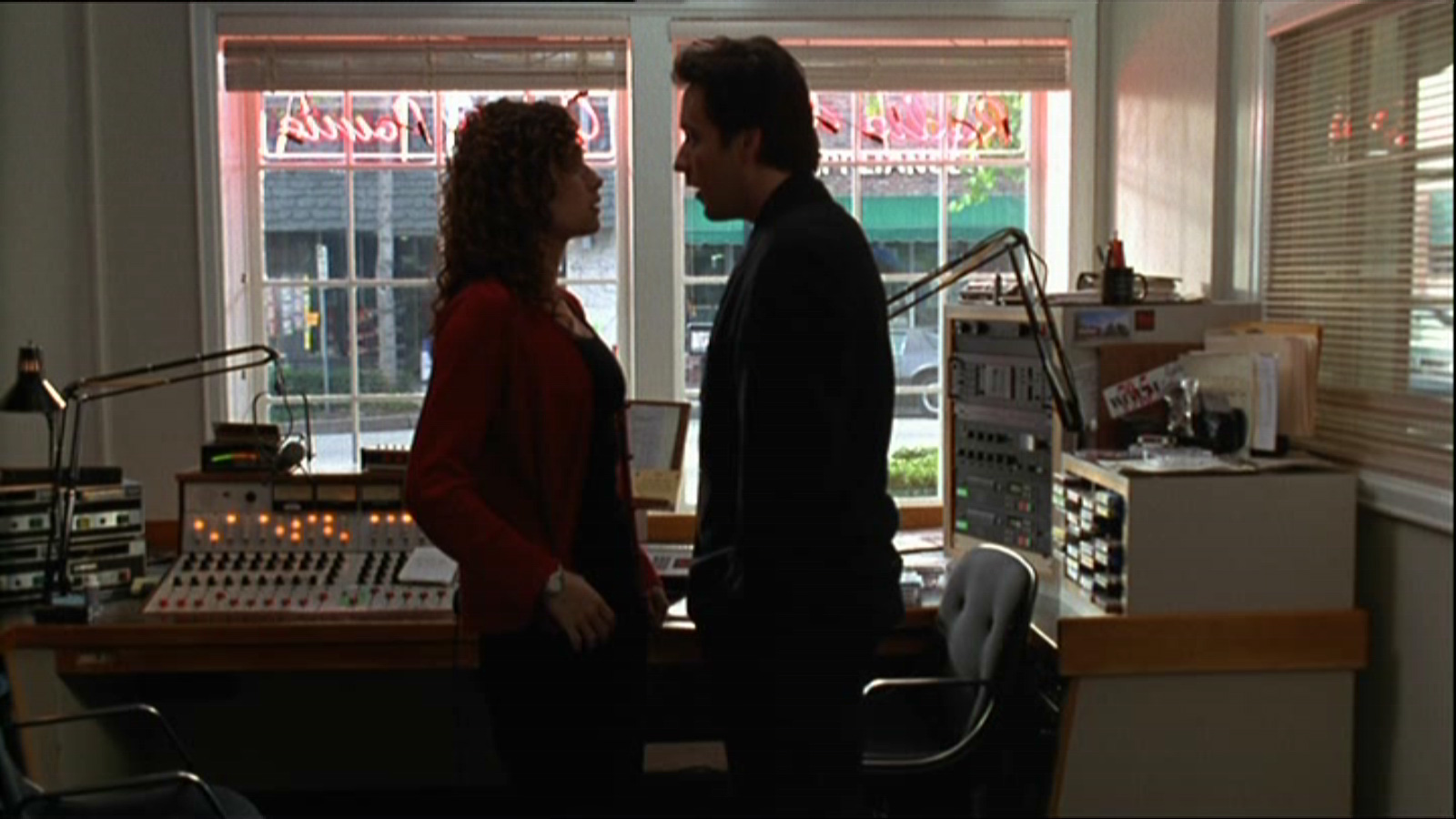Teenage Mutant Ninja Turtles: Out of the Shadows *
Dir: Dave Green.
With: Megan Fox, Will Arnett, Tyler Perry, Laura Linney. 112 mins. Cert: 12A
With 2014’s
live-action/CGI hybrid Teenage Mutant Ninja Turtles, mega-producer Michael Bay refashioned deathless reptilian
merchandise in his preferred image. Bay’s Turtles were high-fiving meatheads
buffed to a fine digital sheen, thus broadly interchangeable with the steroidal
heroes of 2013’s Pain & Gain and
last year’s 13 Hours. Sequel Out of the Shadows reintroduces this
foursome via onscreen graphics that label Donatello as “Donnie” and
Michelangelo as “Mikey”. Accompanying adults are thereby spared from having to
explain why these guys have such funny, non-American names, but the touch also
betrays how far we now are from anything as lofty as art.
Approached as
commerce – as any 3D Ninja Turtles movie should be – it’s soon clear that OOTS follows the model of Bay’s Transformers sequels. Longer, louder and
boasting even more hardware, it does everything to generate the illusion of
bleeding-edge bang-per-buck, while cribbing shamelessly from 1991’s Secret of the Ooze: the Turtles must
again stave off Shredder (Brian Tee), who’s escaped custody and rearmed with
scientist Tyler Perry’s world-conquering serum. Bay’s subtexts remain
questionable: here we’re asked to cheer heavily weaponised pizza guzzlers
against a cabal of non-Caucasians, in a way that altogether uncomfortably
aligns turtle power with its white equivalent.
That may make for
good business; for human interest, not so much. These über-turtles – joshing pixelated clumps – remain incredibly dull company,
their flesh-and-blood sidekicks little better: Will Arnett replaying his glib-jerk
schtick without the material that makes it funny, Megan Fox handed disguises
that run the gamut from “sexy nerd” to “minxy schoolgirl”. The heart flatlines
upon the arrival of multiple Golden Globe-winner Laura Linney, stuck with the
one understandably disbelieving expression as New York’s police chief; her
presence suggests some Tina Fey parody of Bay’s cinema, only with laughter
replaced by sadness at such an egregious example of thespwaste.
OOTS is assembled with consummate slickness, nominal
director Dave Green – following up 2014’s semi-heartfelt Earth to Echo – approving many of the right effects shots. Yet only
Bay could conceive of blowing this much time and cash upon identifying the
exact spot at which zesty, subversive trash (as the Turtles might once have
been) sours into ugly, empty junk, assembled solely to school our young in
brute market forces and indiscriminate consumption. Our former heroes in a
half-shell have become hulking, cold-bloodied bullies, demanding our pocket
money and offering nothing in return – save a joyless, two-hour noogie such as
this.
Teenage Mutant Ninja Turtles: Out of the Shadows is now playing in cinemas nationwide.





